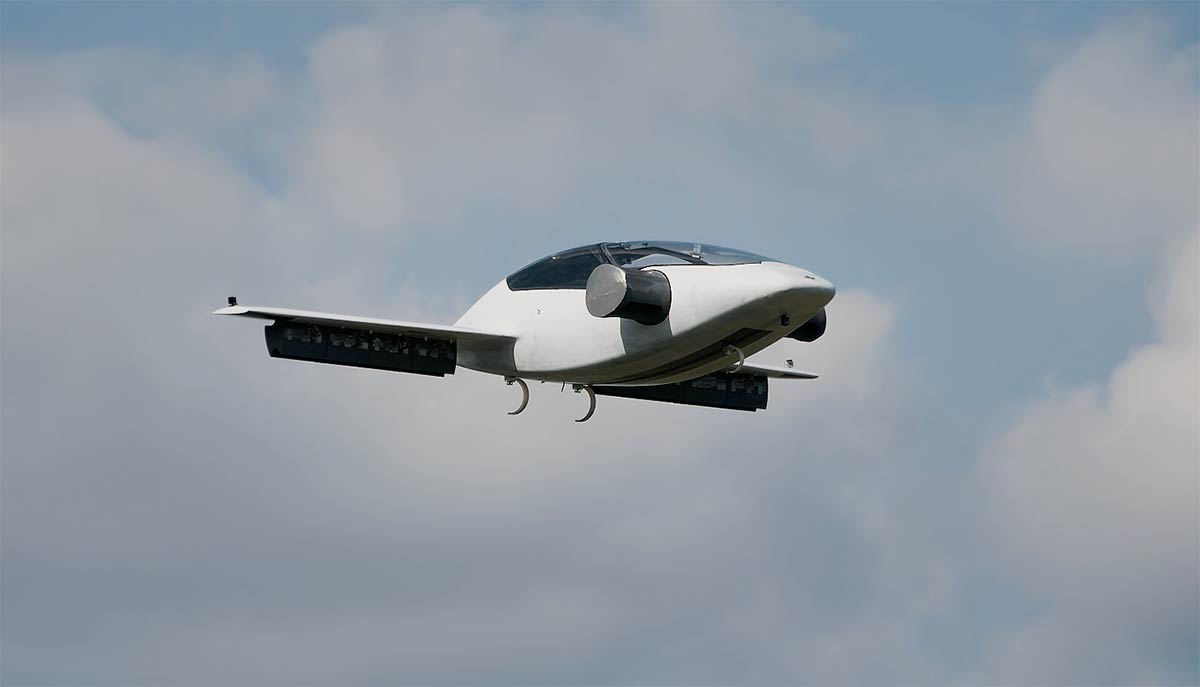Lilium and ABB have announced a partnership to address one of the biggest issues facing the eVTOL industry: infrastructure.
The Germany-based Lilium said this week it has enlisted the help of ABB E-mobility to develop, test, and deliver MegaWatt fast chargers for its seven-seat Lilium Jet. ABB’s charging points will be capable of fully charging the eVTOL’s batteries in approximately 30 minutes and up to 80 percent in 15 minutes, according to a news release.
This move will allow a Lilium Jet to make 20 to 25 flights each day, with an initial range of 155 miles and a 175 mph cruising speed, the company says. That aligns with the overall eVTOL goal of providing clean, quick hops over traffic-congested urban areas.
The Lilium-ABB announcement, combined with multiple partnerships across the eVTOL industry, will be a necessary step in the development of electric aircraft of all shapes and sizes.
“Combining Lilium’s mission to grow sustainable aviation with ABB’s global market expertise and leadership in e-mobility and charging infrastructure is a win for the environment and a win for passengers,” said Frank Muehlon, president of ABB’s E-mobility Division, in a statement Wednesday.
“Moreover, we see this planned partnership as an important commitment to all relevant charging standards that are adopted by multiple electric ‘vehicle’ manufacturers. By supporting the new MegaWatt charging standard, ABB E-mobility is paving the way for the electrification of all modes of transport, from cars and trucks to marine vessels, mining vehicles, and now, aviation.”
Experts estimate that millions of dollars will be needed in each market to make electricity available for recharging eVTOL aircraft. Quick turnaround times for recharging are seen as a key factor in a successful business model for this burgeoning industry. Los Angeles is already working with eVTOL manufacturers and local communities to address issues surrounding the necessary infrastructure. Some eVTOL companies have partnered with parking garage networks with the idea of retrofitting existing parking decks as veriports and charging stations.
The ABB partnership supports Lilium’s regional air networks in Florida, Germany, and Brazil. Each network is expected to include multiple vertiports and parking bays to house an ABB MegaWatt Charging System (MCS). Each will be capable of DC charging up to 1,000 kW, including trucks and buses.
The push for charging across various vehicles is a result of CharIN, who created the task force MegaWatt Charging System in 2018, to help standardize commercial vehicle charging around the globe.
Continued Progress for Lilium
Lilium was founded in 2015 by four graduates of the Technical University of Munich who were seeking to design a more efficient ducted-fan powered air taxi than competing airframes, eliminating the now-traditional use of quad-copter technology.
Since its initial launch, the company has gone through several prototypes. A five-seater demonstrator reportedly was lost in a ground fire in early 2020. Non-crewed flight tests resumed in July, according to a recent Reddit “Ask Me Anything.”
A newer seven-seater iteration that can carry a pilot and up to six passengers is expected to begin crewed testing at the end of 2022, officials said.
In September, the company began publicly trading on the Nasdaq stock exchange following a merger with special purpose acquisition company (SPAC) Qell Acquisition Group.
